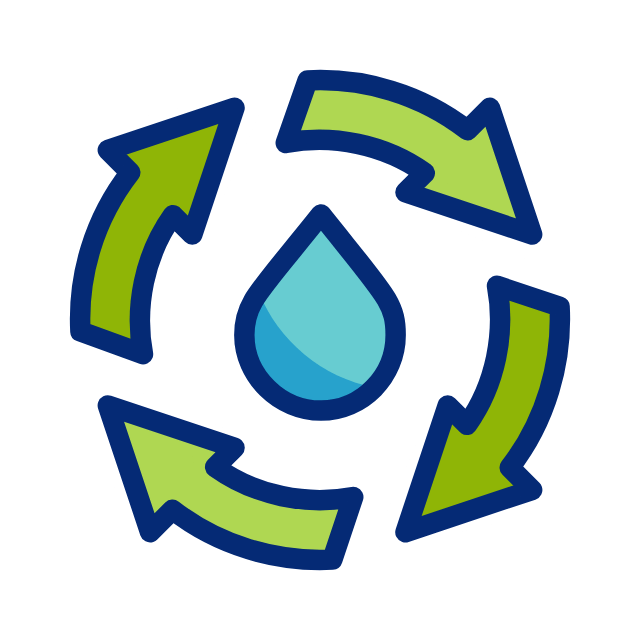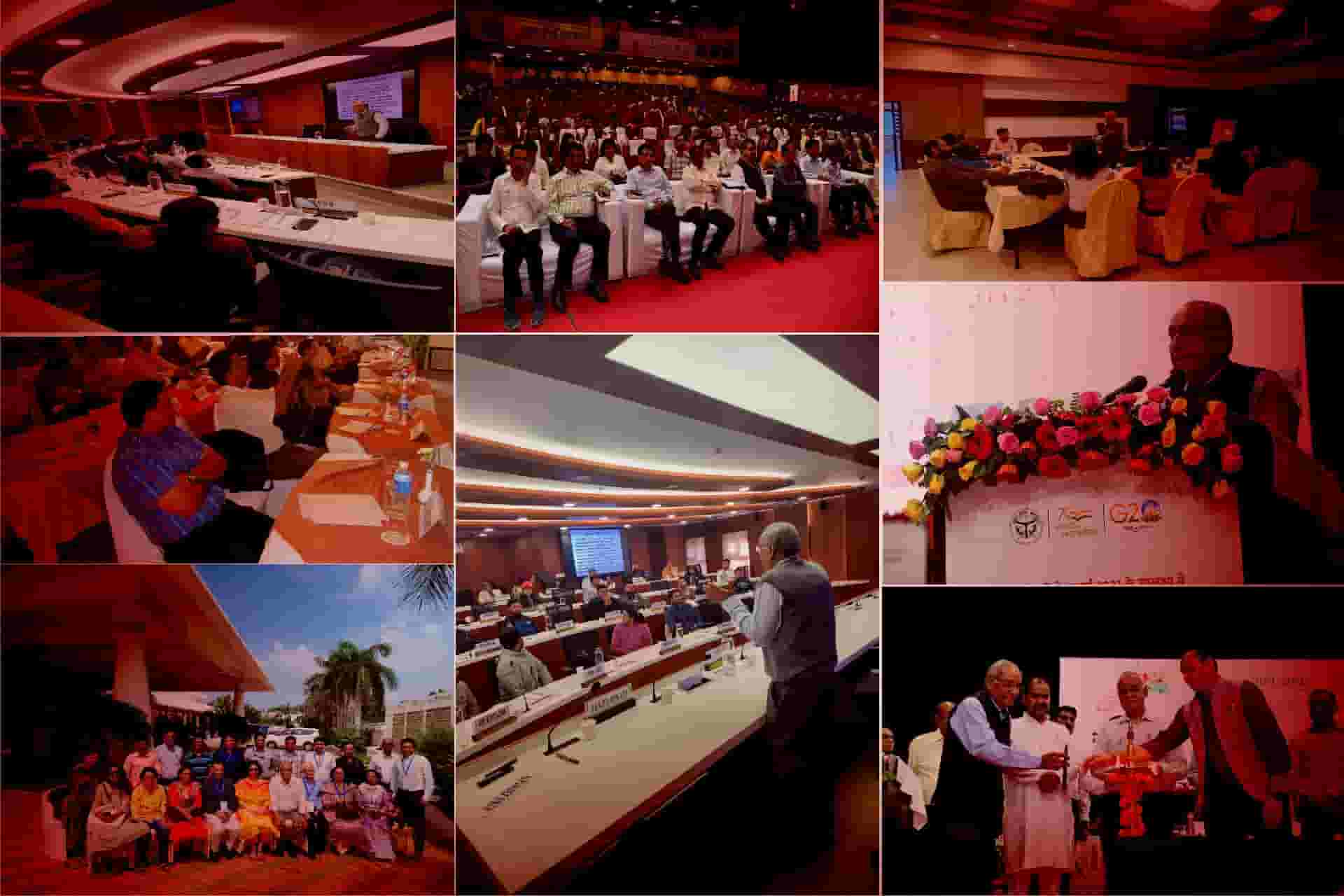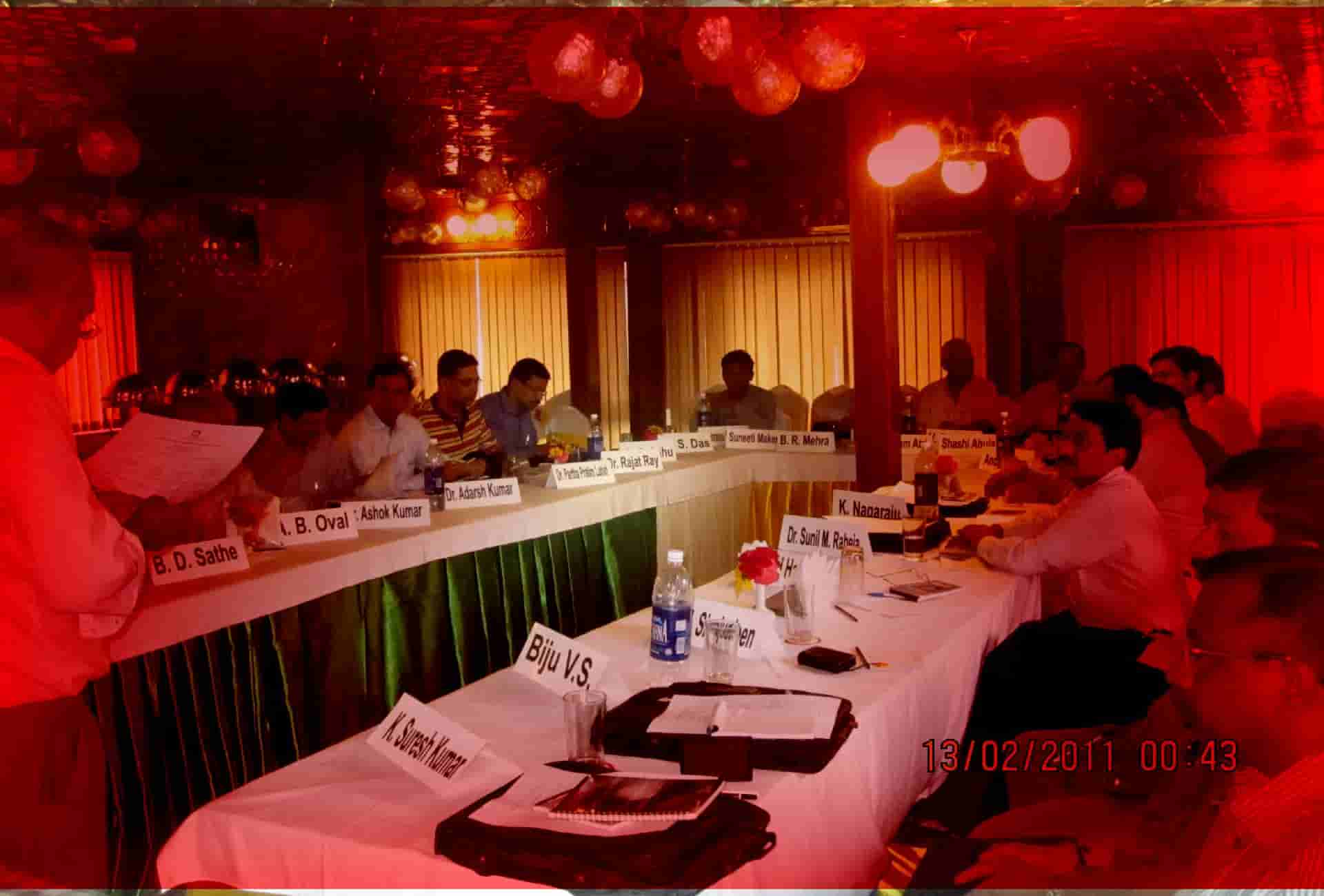
Benefits of Recruitment Services
- Access to a Larger Talent Pool:
- Recruitment agencies have extensive networks and databases of candidates, providing access to a wider range of potential employees than an in-house team might reach.
- Time and Cost Savings:
- Outsourcing recruitment processes to specialized agencies saves time and resources that can be allocated to other core business activities.
- Agencies handle tasks such as job postings, resume screenings, and initial interviews, reducing the workload on internal HR teams.
- Expertise and Industry Knowledge:
- Recruitment professionals have expertise in specific industries and job roles, enabling them to identify and attract the most suitable candidates.
- They are familiar with the latest hiring trends, salary benchmarks, and market conditions.
- Improved Candidate Quality:
- Recruitment agencies conduct thorough screenings and assessments to ensure candidates meet the required qualifications and fit the company culture.
- They use advanced tools and methodologies to evaluate candidates’ skills, experience, and potential.
- Faster Hiring Process:
- Agencies streamline the hiring process by managing the administrative aspects of recruitment and maintaining a pool of pre-screened candidates ready for immediate placement.
- This reduces the time-to-hire, ensuring that critical positions are filled quickly.
- Flexibility and Scalability:
- Recruitment services provide flexibility to scale hiring efforts up or down based on business needs, such as during periods of rapid growth or seasonal demand.
- They can assist with various types of hiring, including permanent, temporary, and contract positions.
- Confidentiality and Discretion:
- Recruitment agencies can conduct searches confidentially, which is beneficial for sensitive positions or when replacing an existing employee.
- They handle the recruitment process discreetly, protecting the organization’s privacy.
- Reduced Turnover Rates:
- By matching candidates accurately to job roles and company culture, recruitment agencies help reduce turnover rates and improve employee retention.
- They provide support and follow-up services to ensure successful onboarding and integration of new hires.
- Access to Passive Candidates:
- Recruitment agencies often have access to passive candidates who are not actively seeking new jobs but may be open to opportunities, expanding the talent pool.
- They use their networks and outreach strategies to engage these candidates.
- Specialized Recruitment Services:
- Agencies can offer specialized recruitment services for niche roles or industries, providing targeted expertise and tailored approaches.
- They can also offer additional services such as executive search, headhunting, and talent mapping.
- Enhanced Employer Branding:
- Recruitment agencies help enhance the organization’s employer brand by presenting it positively to candidates and providing a professional recruitment experience.
- They can advise on employer branding strategies to attract top talent.
- Compliance and Risk Management:
- Recruitment agencies are well-versed in employment laws and regulations, ensuring that the hiring process complies with legal requirements.
- They help mitigate risks related to hiring practices, such as discrimination claims or improper documentation.
Overall, recruitment services provide organizations with the expertise, resources, and efficiency needed to attract and hire the best candidates, ultimately contributing to business success and growth.
What is Recruitment Services?
Recruitment services refer to the range of activities and processes that specialized agencies or firms provide to help organizations find, attract, and hire the best candidates for job vacancies. These services are designed to streamline the hiring process, improve candidate quality, and ensure that the recruitment process is efficient and effective. Recruitment services can be tailored to the specific needs of an organization and can cover various types of employment, including permanent, temporary, and contract positions.
Key components of recruitment services include:
- Job Analysis and Description:
- Working with organizations to understand the specific requirements of the job role.
- Developing detailed job descriptions and specifications to attract the right candidates.
- Sourcing Candidates:
- Using various channels to find potential candidates, including job boards, social media, professional networks, and databases.
- Engaging passive candidates who may not be actively looking for a job but have the desired skills and experience.
- Screening and Shortlisting:
- Reviewing resumes and applications to identify candidates who meet the job requirements.
- Conducting initial screenings through phone or video interviews to assess candidates’ qualifications and fit.
- Interview Coordination:
- Arranging interviews between shortlisted candidates and the hiring organization.
- Providing support with interview scheduling and logistics.
- Candidate Assessment:
- Conducting in-depth assessments through various methods, such as skills tests, psychometric testing, and competency-based interviews.
- Evaluating candidates’ technical skills, soft skills, and cultural fit.
- Background Checks and Verification:
- Performing background checks to verify candidates’ employment history, education, references, and any other relevant information.
- Ensuring that all information provided by candidates is accurate and trustworthy.
- Offer Management:
- Assisting with the preparation and negotiation of job offers.
- Facilitating communication between the organization and the candidate to ensure a smooth offer acceptance process.
- Onboarding Support:
- Providing support during the onboarding process to help new hires integrate into the organization effectively.
- Offering guidance on orientation programs and initial training.
- Talent Pool Management:
- Maintaining a database of potential candidates for future job openings.
- Engaging with and nurturing relationships with candidates to keep them interested in potential opportunities.
- Employer Branding:
- Enhancing the organization’s employer brand to attract top talent.
- Advising on strategies to improve the organization’s attractiveness as an employer.
- Executive Search and Headhunting:
- Specializing in finding senior-level executives and highly specialized professionals.
- Using targeted search strategies to identify and approach top talent in the industry.
- Temporary and Contract Staffing:
- Providing temporary and contract workers to meet short-term or project-based needs.
- Managing the employment and administrative aspects of temporary staffing.
- Diversity and Inclusion:
- Implementing strategies to attract and hire a diverse workforce.
- Ensuring that recruitment practices are inclusive and non-discriminatory.
- Consulting and Advisory Services:
- Offering expert advice on recruitment strategies, market trends, salary benchmarks, and best practices.
- Helping organizations develop effective talent acquisition and retention strategies.
Overall, recruitment services are designed to help organizations efficiently find and hire the best talent, reduce time-to-hire, improve candidate quality, and ensure compliance with employment laws and regulations. These services allow organizations to focus on their core activities while leaving the complexities of the hiring process to experts.




























